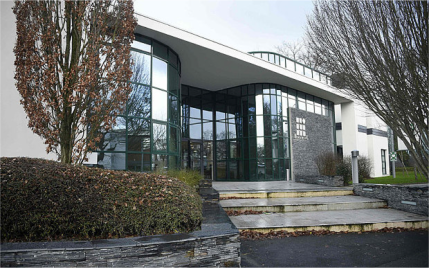
Today’s scariest news item concerns a clinical drug trial in Rennes, NW France. One of the subjects has died and five more are seriously ill, after volunteering for a trial to assess the safety profile of a cannabis-based pain killer. This brings to mind two crucial points about the pharmaceutical business:
- This is a tragic story. But ironically it underlines the need for clinical trials to establish the safety and efficacy of new drugs. Most of the drugs which have transformed life expectancy over the last century have been developed through this process of clinical trials. Stage 1 trials – like this one – involve a small number of subjects to test the safety of the proposed compound. There comes a point in a new drug’s development when you have to see what happens when someone takes it – and this is it. With the inevitable risk of tragedy we see here. Stage 2 and 3 trials recruit larger numbers of volunteers to evaluate the effectiveness of the drugs, compared with existing treatments or protocols or sometimes compared to a placebo. The process takes many years and costs a fortune – which is why pharmaceutical companies need to charge a lot (or what appears a lot) for those drugs (a tiny fraction) which do eventually make it to commercial production. This is essentially how medicine moves forward. If there’s a better way, we haven’t discovered it yet.
- Last time a trial went wrong and created headlines was in 2006. In what became known as the Elephant Man trial, six men were treated for organ failure after suffering a serious reaction to taking a new drug at Northwick Park Hospital in North London. Perhaps surprisingly, the number of trial volunteers trebled in the next three years. How can this be? A disaster leading to increased recruitment? Clinical trials are clearly essential, but they are kept safely under the radar most of the time. When our attention is drawn to them, we are reminded of just how important they are. Seemingly, that’s still the case if the news that draws our attention is a tragedy.
So it will be interesting to see if the response to this story goes for or against the recruitment of volunteers. Let’s hope history repeats itself and the awareness created outweighs the fear. Because we can’t afford for these trials to stall, if we want the next generation of medicines.